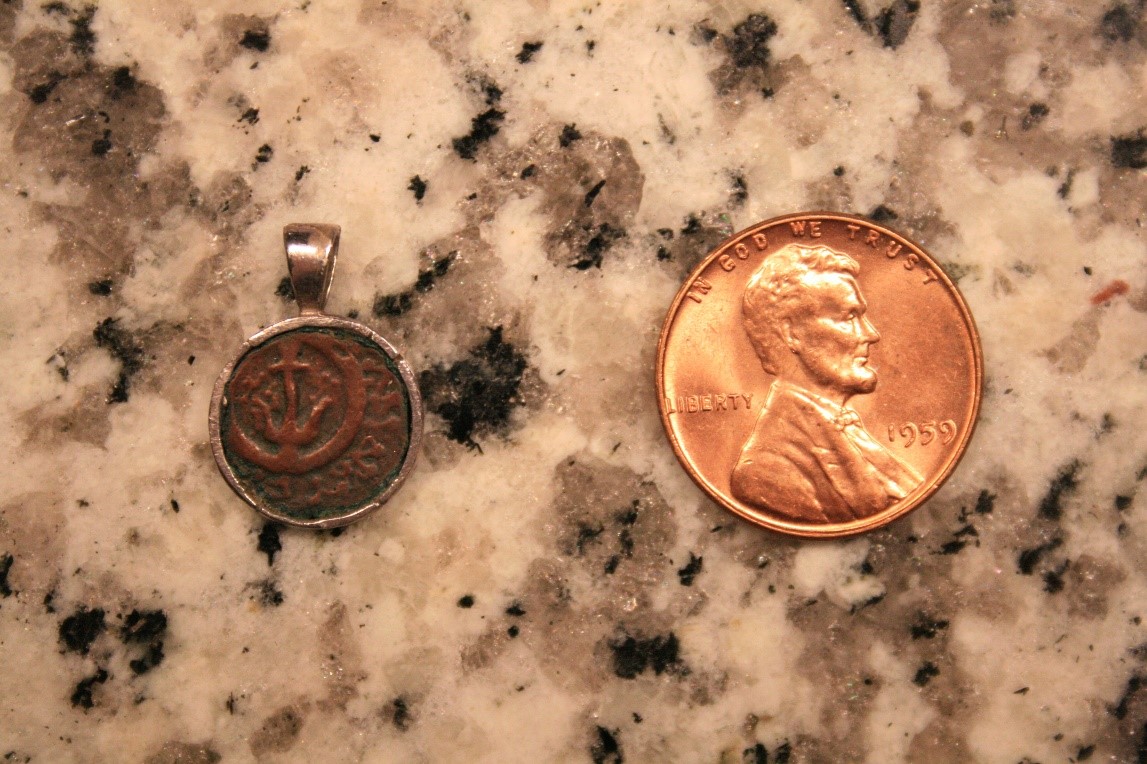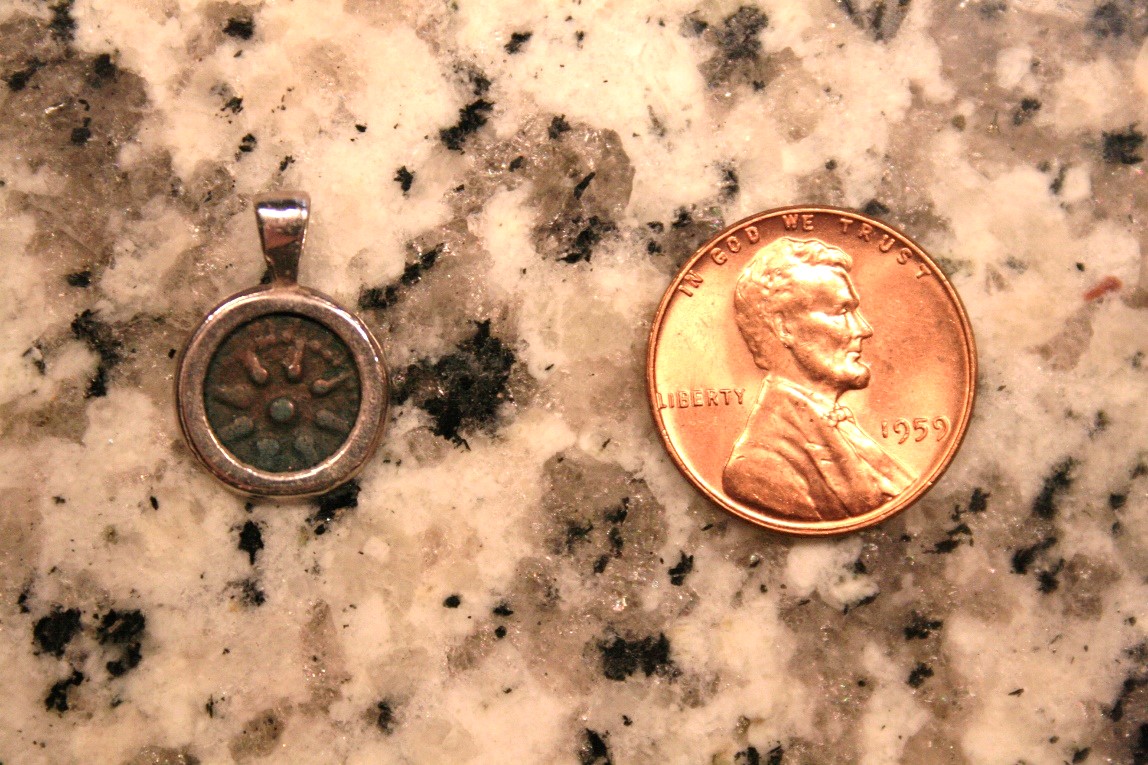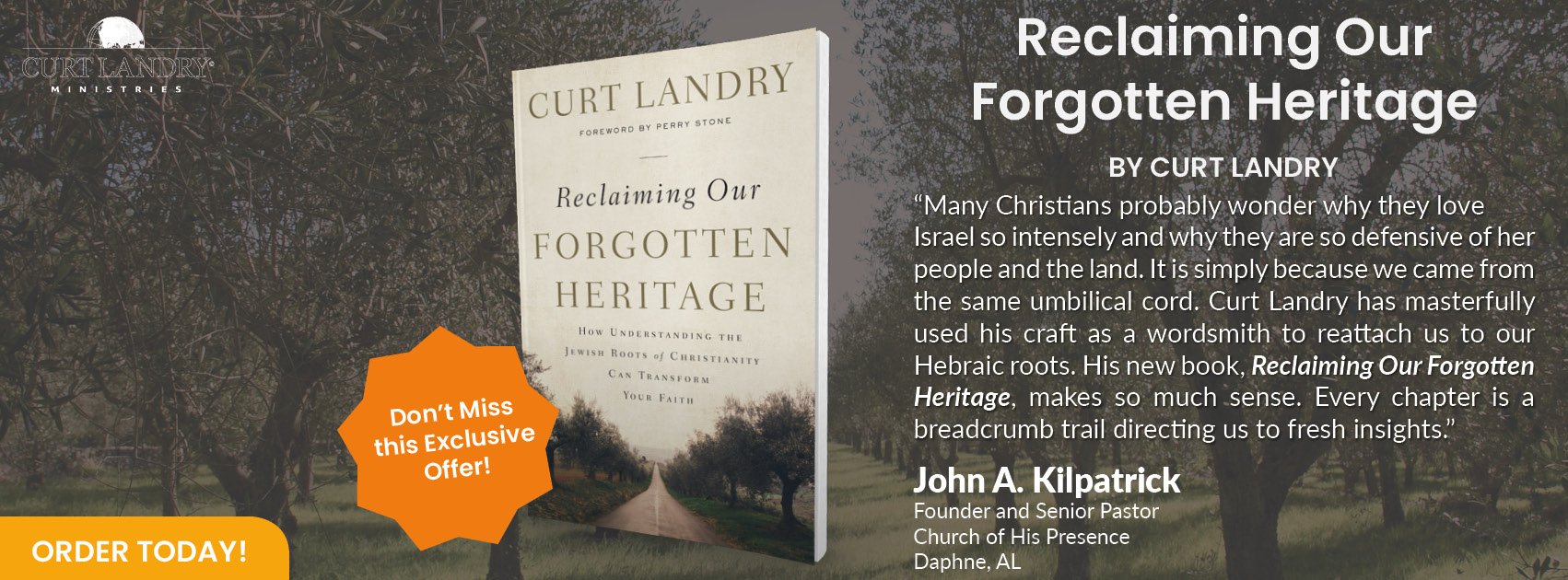Big Lessons from Small Things: Learning from the Widow’s Mite
Do you remember the lesson of the widow who gave two coins or “widow’s mites?” It was a small gift, yet, as Jesus Himself pointed out, that widow gave more than all of the rich who were there that day.
Join us as we discover how a small gift or action, when done with the right heart attitude, sets the stage for God to do the big thing!
What is a “Widow’s Mite?”
In two books of the New Testament, Mark and Luke, the story of a widow giving two mites is told in nearly identical wording. Most Believers know the story, but what is really happening there? What are the “widow’s mites” that the widow of this story gave, bringing her to the attention of God incarnate?
“…Jesus sat opposite the treasury and saw how the people put money into the treasury. And many who were rich put in much. Then one poor widow came and threw in two mites, which make a quadrans. So He called His disciples to Himself and said to them, ‘Assuredly, I say to you that this poor widow has put in more than all those who have given to the treasury; for they all put in out of their abundance, but she out of her poverty put in all that she had, her whole livelihood.’”
—Mark 12:41-44
Around the time of Jesus, the coinage of this account was not referred to as ‘mite’ but instead, ‘lepton.’ The name change to ‘mite’ was implemented later as God’s Word was translated. The King James translation used what was then the ‘modern’ equivalent of the coin in the widow’s story, so that parishioners and students of the Word would have a better understanding of the ‘insignificant’ monetary value of her gift… and this change to ‘mite’ typically remained in subsequent translations.
However, this newer title of ‘mite’ instead of ‘lepton’ does not mean that we have no knowledge of the coin in question. In fact, many ‘mites’ have survived to this day, and indeed, few could imagine how small the coin is—the size of the coin surprisingly apropos, given its minimal monetary value.
On average, a ‘mite’ is approximately the diameter of a wooden pencil and thereby less than one-third the size of a U.S.A. copper penny! Some of the coins that survive are less than 10mm in diameter, while few exceed 16mm.


Made of bronze, some believe that if the “mite” or “widow’s mite” is not the lowest denomination ever produced, then it is indeed one of the lowest. Even now, with U.S.A. pennies being more expensive to produce than their monetary worth, the ‘mite’ could not be far behind in its seeming worthlessness.
Because of their extremely low monetary value—in addition to their diminutive size—lepton coinage was often struck in a haphazard manner, making it exceedingly common for there to be only a partial imprint. Additionally, by the time of Jesus, these coins were surprisingly old, as they were produced between 103-76 BC.
While even today it is not uncommon to use coins that are half a century or more in age in the U.S.A., it would be rare to use coinage no longer produced… such as $3, $5, $10, or $20 coins. Yet, during the time of Jesus, particularly with a coin not worth manufacturing, it was not as strange. Unless coins bore the name of a current enemy or a symbol that might spark the flames of rebellion, there was no reason to waste materials—or even melt them to craft new ones.
“Are not two sparrows worth only a small amount of money? Yet not one of them falls to the ground without your Father knowing about it.”
—Matthew 10:29 (WE)
When we discover how old, irregular, and monetarily worthless the “widow’s mite” is, the story told in Mark and Luke takes on a unique tinge…
- We see that for these coins to be of any value at all to the widow means she truly must have had nothing.
- We see that her faith in God remained despite everything that had happened to her: the loss of her husband, her poverty.
- We see that, through it all, she somehow found a way to love God enough to give everything she had.
“And He looked up and saw the rich putting their gifts into the treasury, and He saw also a certain poor widow putting in two mites. So He said, ‘Truly I say to you that this poor widow has put in more than all; for all these out of their abundance have put in offerings for God, but she out of her poverty put in all the livelihood that she had.’”
—Luke 21:1-4
There were many who gave much that day, many who did so with grandeur and flourish. Monetarily, her “widow’s mites” were not needed. Yet, Jesus said that she gave more than all the others!
Why is that?
Well, she gave out of her love. She gave from her heart.

God does not desire us to give so that we might suffer. He does not even require funds… after all, He created EVERYTHING. Yet, what He does want… what the desire of His heart is…
Our love. Our heart.
The widow’s heart was God’s.
As it says in both Matthew 6:21 and Luke 12:34, “For where your treasure is, there your heart will be also.”
Thus, it’s less the giving of money to fulfill a monetary need, but more for a cleansing of our hearts; choosing the ways of God over worldly things. Choosing love by giving.
Every time we practice giving, we become less enamored with the love of money; less sucked-in by the thrill of what money can bring. We become more aware that it is God and not money that will keep us… that God is our security and safety. Giving helps prepare our hearts for God’s love. It removes our soul ties…
Reminding us to be mindful of where our “treasure” is, because that is where our heart is.
Putting the Widow’s Story into Practice
As we have discussed, giving is a way to cleanse our hearts: of soul ties, of false security, false safety. Giving is a way to allow our hearts to mirror God’s heart—a place that is, in its own right, a blessing beyond measure. Yet, beyond this, giving has many rewards. As it says in Luke 6:38, “…with the same measure that you use, it will be measured back to you.”
When we give our time, we receive time. When we give our love, we receive love. By giving good things, we receive good things…
“Judge not, and you shall not be judged. Condemn not, and you shall not be condemned. Forgive, and you will be forgiven. Give, and it will be given to you: good measure, pressed down, shaken together, and running over will be put into your bosom. For with the same measure that you use, it will be measured back to you.”
—Luke 6:37-38
Because we receive the measure of what we give, it is wisdom to give that which is of God, and not of man or evil. When we give, we must—like the widow who gave two mites—give from the heart. For to give without love is to hardly give. And while God will not bless us with evil for our giving—even if our hearts are not doing so out of love, but obligation—how much more will we be blessed when we give out of the fullness of our hearts.
Here at Curt Landry Ministries, we, along with people like YOU, are working to implement the lessons Jesus wanted us to learn from the widow.
By supporting those who would be considered “the least of these” in Matthew 25, we rid ourselves of soul ties while simultaneously building a closer relationship with and understanding of our Father and His love.
“…the King will answer and say to them, ‘Assuredly, I say to you, inasmuch as you did it to one of the least of these My brethren, you did it to Me.’”
—Matthew 25:40
When we fight human trafficking by providing a safe place, rehabilitation, and the purity of God’s love, we are bringing light into the darkness… we are giving new life and a chance to live in God’s shelter.
When we give hot meals, necessities, and hope to Holocaust survivors, we are letting them know they are not forgotten… reminding them that God has not forgotten them, and that their Gentile brothers and sisters say with them, “Never Again!”
Let us join together to spread God’s love and blessings, being a light in the darkness.
Let us discover the blessings of choosing to walk with an open heart and in love.
“For by grace you have been saved through faith, and that not of yourselves; it is the gift of God, not of works, lest anyone should boast. For we are His workmanship, created in Christ Jesus for good works, which God prepared beforehand that we should walk in them.”
—Ephesians 2:8-10
